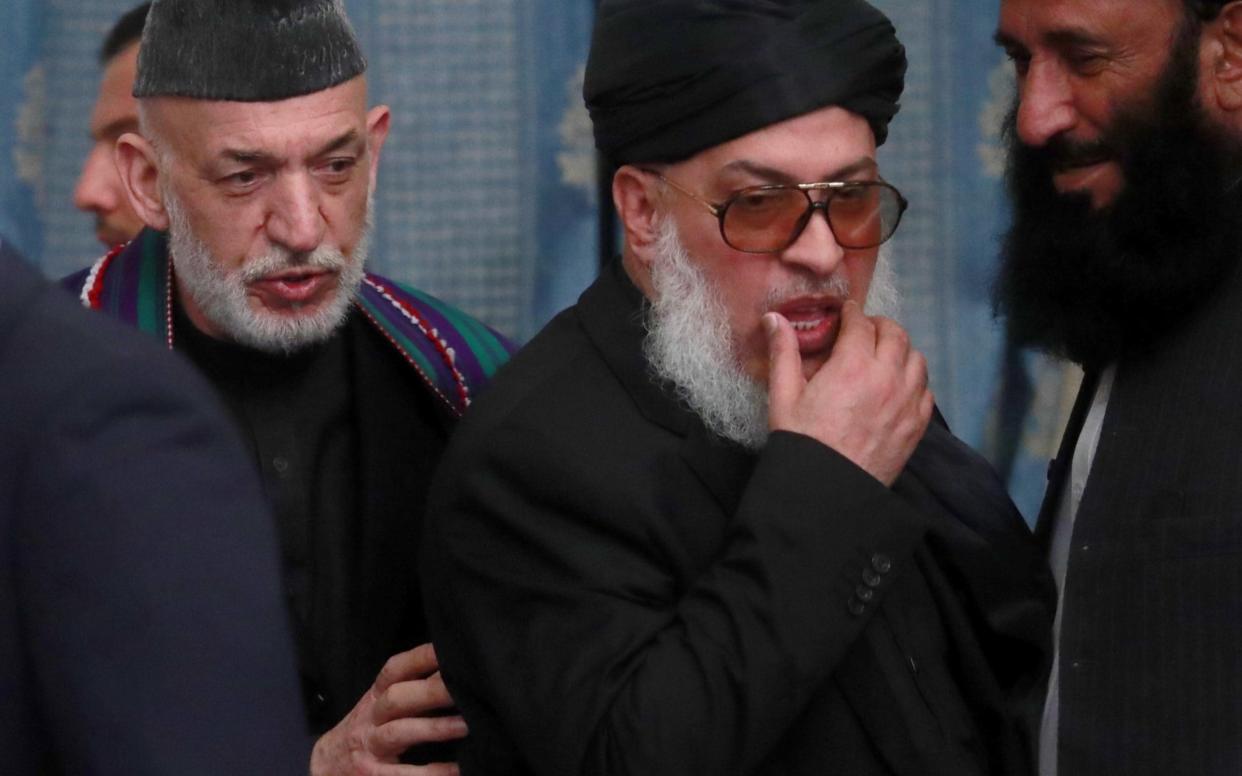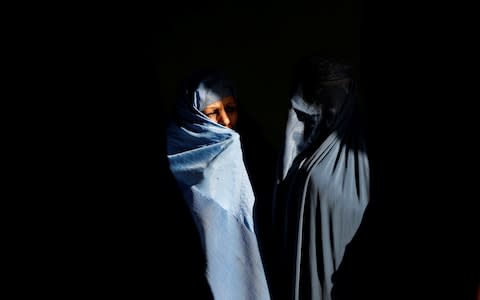Taliban say women's rights to be protected under Islam, but must not threaten Afghan values

Taliban peace negotiators have said they are committed to guaranteeing women their rights under Islam - but failed to dispel fears that any deal will lead to a roll-back of the fragile freedoms gained by women in the past 17 years.
Insurgent envoys said their movement wanted to protect the rights of women “in a way that neither their legitimate rights are violated nor their human dignity and Afghan values are threatened”.
The lead negotiator, Sher Mohammed Abas Stanekzai, went on to criticise women's rights activists for undermining Afghan traditions, prompting concern from campaigners.
The insurgents' representatives used talks with Afghan opposition figures in Moscow to outline their stance on some of the thorniest issues facing any political settlement.
As well as demanding an end to the American “occupation”, the 10-man Taliban delegation demanded a new constitution. The current one had been imposed by the West and must be replaced with a new governance based on “Islam, national interests, historical achievements and social justice,” Mr Stanekzai said.

He also laid out where the movement stood on women, who were denied education, employment, or the ability to leave the house alone during the Taliban's 1990s regime.
Mr Stanekzai said the Taliban movement “considers woman as the builders of a Muslim society and is committed to all rights of women that have been given to them by the sacred religion of Islam.”
He said Islam gave women rights in areas including “business and ownership, inheritance, education, work, choosing one’s husband, security, health, and the right to a good life”.
But he denounced “so-called women's rights activists” who were encouraging women to break Afghan customs.
“Due to corruption, the expenses brought and spent under the title of women rights have gone to the pockets of those who raise slogans of women rights,” he said.
“Under the name of women rights, there has been work for immorality, indecency and circulation of non-Islamic culture. Dissemination of western and non-Afghan and non-Islamic drama serials, paving the way for immoral crimes, and encouraging women for violating Afghan customs are other instances that have been imposed on Afghan society under the name of women rights.”
Many women fear a peace deal will see rights enshrined under the Afghan constitution bartered away as part of a settlement. The constitution currently guarantees full equality with men, though in practice they still face severe discrimination. In Taliban-controlled areas girls are now often allowed to attend primary school, at the insistence of local leaders, but must frequently stop at puberty.
Women's rights campaigners said it was unclear from Mr Stanekzai's remarks that women would be any better off than they were in the 1990s.
Wazhma Frogh, a women's rights activist, said: “While [the Taliban] are not ready to talk to women, they keep making laws for them.”
A Taliban spokesman said earlier this week that the movement would allow women to take part in “medicine, education, and other aspects of social life” outside the home.

